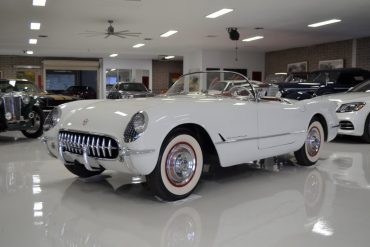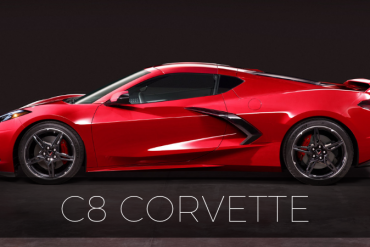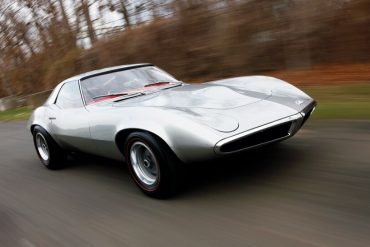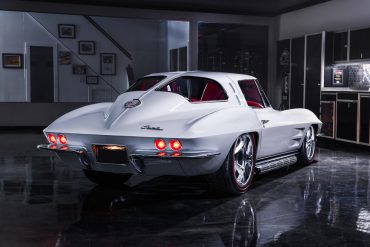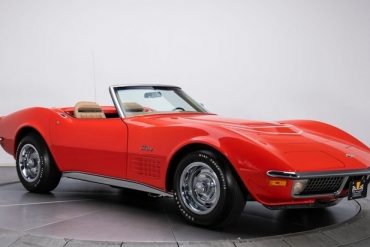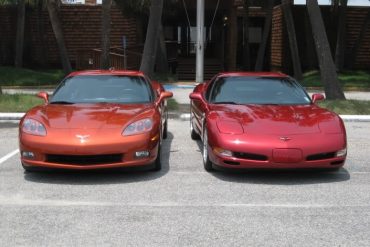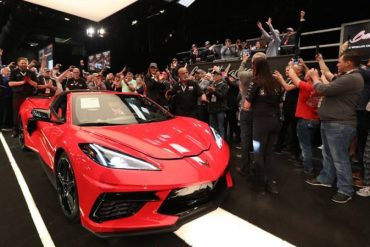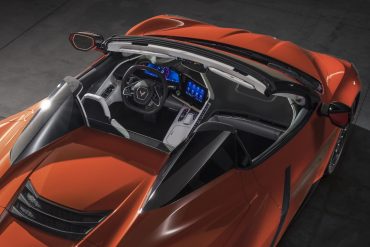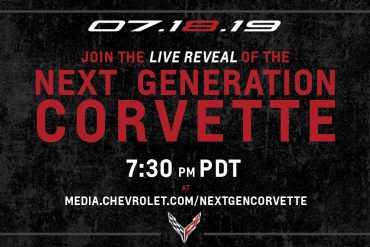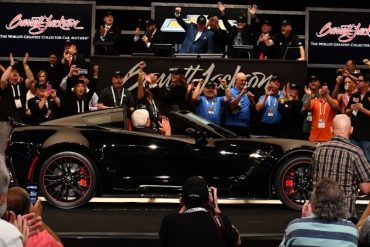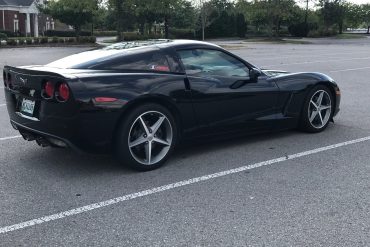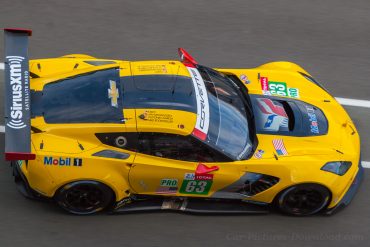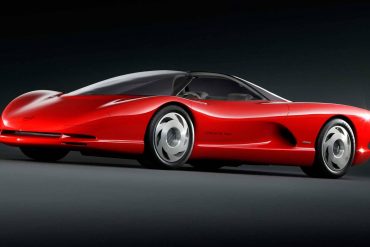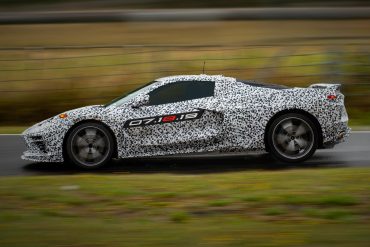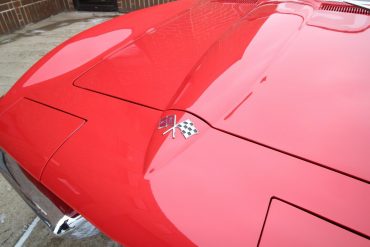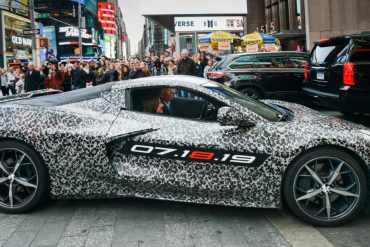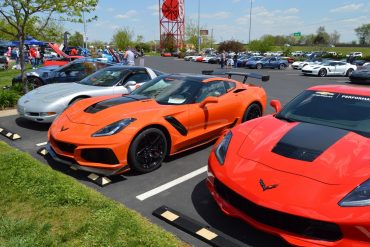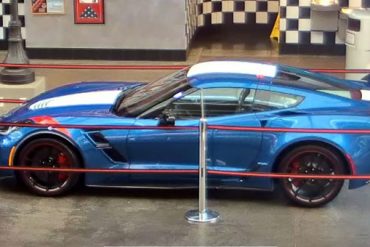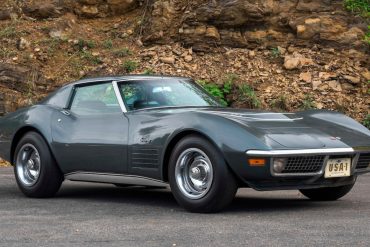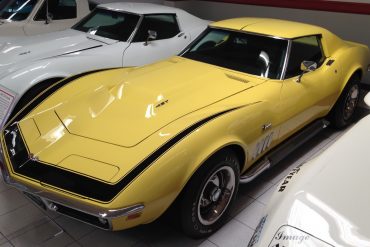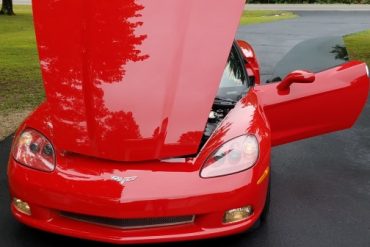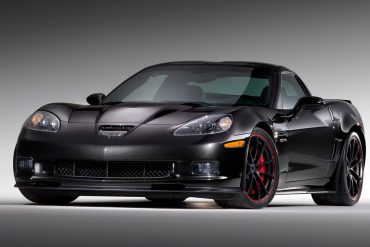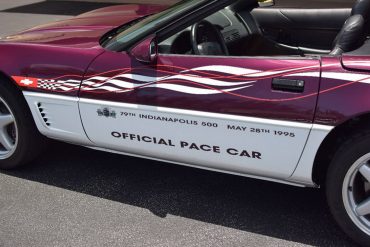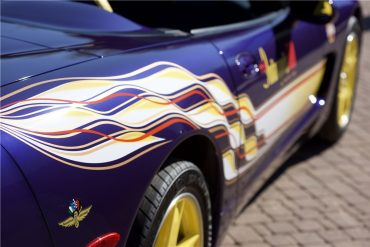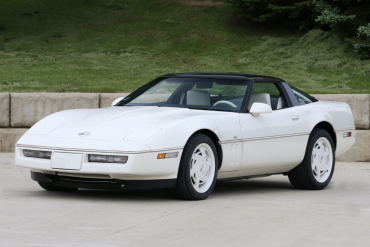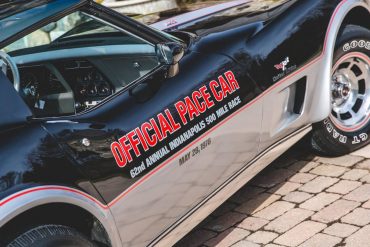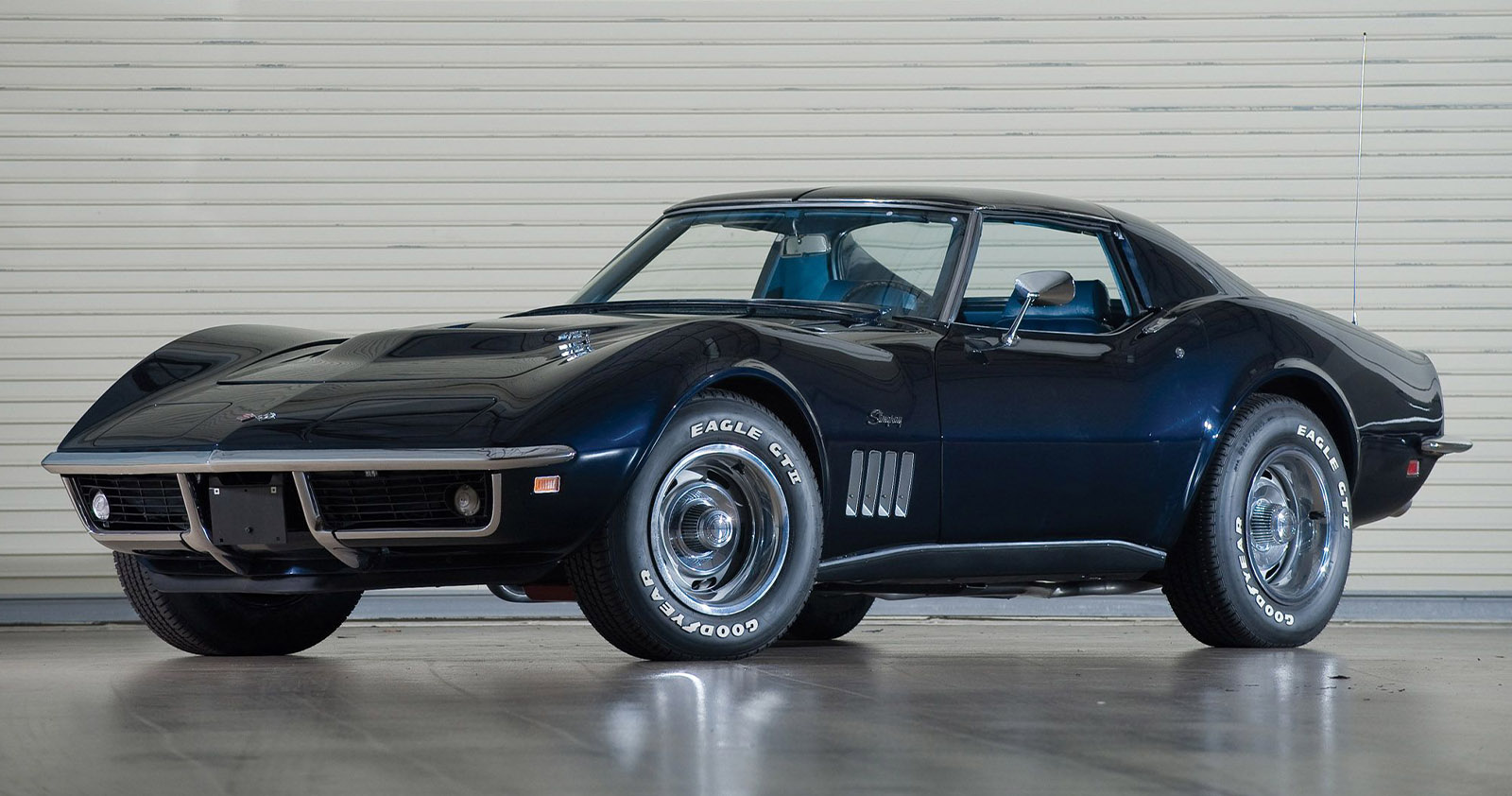Here’s Something You Won’t Likely Ever See Again – A Like New 1953 Corvette – and Its For Sale! How...
C8 Corvette Stingray – “One Man’s Vision Finally Becomes Reality” Long before the formal introduction and unveiling of the C8...
When first introduced to the world by Pontiac in 1964, the car showed so much promise that Chevrolet (allegedly) put a swift end to its development to prevent its production from hindering the sales of the Corvette. Afterall, with the introduction of the 1963 Split-Window Corvette, Chevy was finally seeing an increase in sales, something lacking for most of the first-gen.
Check Out This Incredible 1963 Corvette Split-Window Restomod With all of the craziness of the past couple weeks, we wanted...
FOR SALE: A Beautifully Restored 1970 LT-1 Corvette Convertible We are very pleased to present this beautiful 1970 LT-1 Corvette...
2019 Corvette – The Ultimate Guide The 2019 model year was an exciting time in the history of the Chevy...
The Complete History of GM’s LS Small-Block V8 Engines and the Corvettes They Power Since their introduction in the late...
CORVETTE RACING AT DAYTONA: The Mid-Engine Corvette C8.R Is Ready To Take Center Stage For more than 20 years, Corvette...
The 2020 Mid-Engine Corvette Sells at the Barrett-Jackson Auction in Scottsdale, Arizona If you’ve followed the Corvette brand for any...
The Mid-Engine Corvette’s Cockpit Might Look Odd, But With Good Reason…. By now you’ve heard it said of the Corvette...
Corvette Racing To Replace Jan Magnussen with Jordan Taylor for 2020 IMSA WeatherTech Season Jordan Taylor has been slated to...
The Next Generation Chevrolet Corvette Will Embark on Two National Tours Our friends at the National Corvette Museum published this...
The Final C7 – A Z06 Coupe – Raises Big Money for the Stephen Siller Tunnel to Towers Foundation The...
Does Corvette Ownership Live Up to the Hype? I had my first opportunity to drive a Corvette when I was...
Corvette Racing: By the Numbers As many of you know by now, this year’s running of the 24 Hours of...
Mid-Engine Prototypes: The 1985 Corvette Indy Concept, The 1986 Corvette Indy and the 1990 CERV III Since the introduction of...
We Now Know the When and the Where of the Mid-Engine Corvette We’ve known about the mid-engine Corvette’s big reveal...
For Your Consideration – Corvette Deals of the Week Summer is just around the corner which means just one thing...
Earlier this week, Corvsport.com (along with everyone else) shared the announcement that Chevrolet had finally confirmed the existence of their...
THE 2019 NATIONAL CORVETTE MUSEUM BASH SPONSORED BY MICHELIN RETURNS APRIL 25-27, 2019 Each year, the National Corvette Museum, located...
The National Corvette Museum Celebrates It’s 12,000th Corvette Delivery In the April/May/June issue of America’s Sports Car (A Publication of...
Disconnect your Corvette’s Battery? Then You Need To Be Aware About GM OBDII Driving Cycles If you own a late-model...
Did you know that the earliest ZR1 Corvettes came into existence long before any of these later iterations? If not, then take a few minutes to acquaint yourself with one the rarest small-block production Corvettes of all time - the 1970-1972 Corvette ZR1. From 1970 to 1972, Chevrolet offered the ZR1 Special Engine Package, which featured a small-block LT1 engine.
In 1969, Chevrolet changed the perception of Corvette forever by introducing the ultra-powerful ZL-1 Corvette with a 427 CI engine producing 585 horsepower! The 1969 ZL-1 Corvette came equipped with an entirely new big-block engine option that produced more horsepower than any Corvette that had come before it. Any Corvette, when ordered with RPO ZL1, came fitted with an all-aluminum 427 C.I. engine that featured a dry-sump oil system and which weight approximately 100 pounds less.
For Sale: A Well-Equipped, Low-Mileage 2007 Corvette Coupe For several years now, Corvsport.com has showcased cars that we’ve found for...
The Centennial Edition came finished exclusively in a Carbon Flash Metallic finish with satin-black graphics. Special badging graphics signifying Chevrolet’s racing history, including an image of Louis Chevrolet on the B-pillars, were added as accents to the cars finish. The wheels were also finished in satin black. All models also received red brake calipers. The exterior color scheme of the Centennial Edition Corvette is reinforced inside the car.
The actual Corvette Pace Car that served at the 79th running of the Indianapolis 500 was a near-stock LT1 Corvette Convertible, except for the mandatory safety features that were required by the Indianapolis Motor Speedway. The Official Pace Car cam equipped with strobe lights, a special roll-bar, five-point safety harnesses for the driver and passenger and an on-board fire suppression system. Chevrolet built just three of the actual pace cars.
While it was not the rarest Corvette Pace Car Replica ever manufactured by GM, the 1998 Chevrolet Corvette Pace Car Replica was – and remains – one of the most desirable pace car replicas ever made. This is primarily due to the fact that this replica is nearly identical to the actual pace cars that were used during the 1998 Indianapolis 500. It was fitting given that 1998 also marked the brand's 20th anniversary as "Official Pace Car" of this momentous race.
While not exactly a "collector's edition" Corvette in its own right, it nonetheless has become a uniquely identifiable and collectible Corvette from the fourth-generation era. 1988 marked the 35th anniversary for Corvette, and so it was decided that Chevrolet should commemorate the milestone by introducing an anniversary-edition model. This anniversary car was the first of its kind in a decade, given that Chevrolet opted not to manufacture a Corvette in 1983.
1978 was significant because it marked the cars 25th anniversary of production. Recognizing the achievement of manufacturing a car for a quarter-century, Chevrolet commemorated this accomplishment by introducing two special-edition Corvette that year. The first of these was known as the "Silver Anniversary" edition Corvette. It featured a two-tone silver over gray exterior with special pin-striping and special "25th Anniversary" badging.


